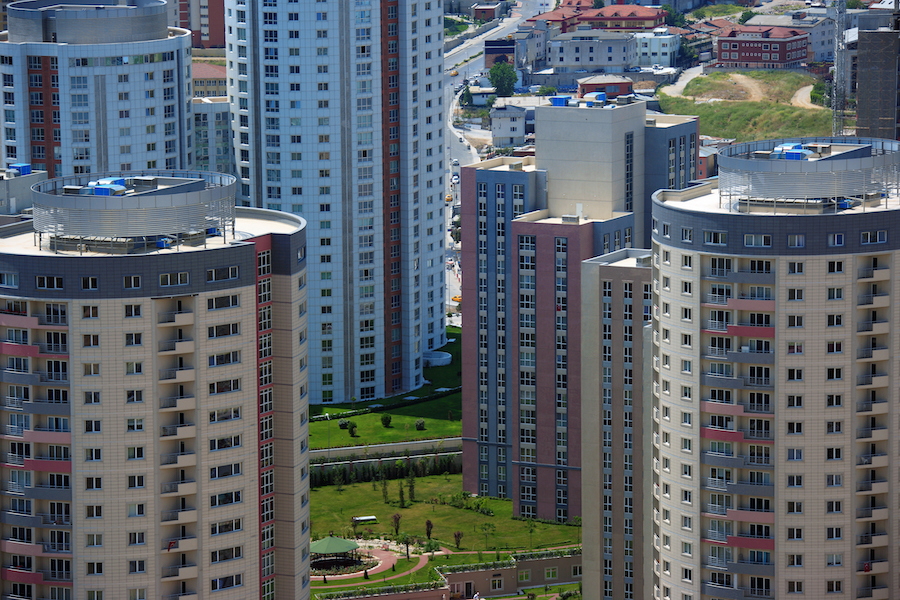

Economic turmoil threatens critical real estate development
Steve Marino, executive vice-president, portfolio management at GWL Realty Advisors, says inflation and interest rates pose special challenges to property investment.
- Featuring: Steven Marino
- July 19, 2022 July 20, 2022
- 13:01
- From: GWL Realty Advisors

(Runtime: 5:00. Read the audio transcript.)
**
Accelerating inflation is dampening plans for new housing construction, says Steve Marino, executive vice-president, portfolio management at GWL Realty Advisors.
Marino said while interest rates can be a headwind for some real estate developers and investors, that’s not the biggest challenge the industry faces.
“Arguably, the more meaningful impact for developers is high inflation and the associated impact on the cost of construction,” he said. “We’re starting to see some developers pause on plans for new development activity.”
Speaking on the Soundbites podcast this week, Marino said economic factors pose a special challenge to home builders who must assess consumer willingness to pay the kind of rents or home costs that would ensure the necessary risk-adjusted returns to justify moving forward with building projects.
Meanwhile, he said, the demand side of the equation is equally ambivalent.
“We’re seeing waning investor confidence and more conservative lender underwriting,” he said. “Purchasers are concerned about the prospect of potential value erosion, and many are waiting on the sidelines to see where the market settles.”
Indeed, the economic current uncertainty is not the only hurdle the industry has faced in recent months. The Covid-19 pandemic changed rental patterns and caused housing gluts and shortages throughout Canada.
Marino pointed out that suburban rental spaces were popular during lockdowns when people were adjusting to working from home and avoiding crowds. But since the pandemic started to wane, tenants have been returning to inner cities.
“If you think about it, the combination of population circulation restrictions, together with the realities of working from home, made larger suburban units with proximity to green space particularly inviting for occupants,” he said. “As we’ve emerged from Covid circulation restrictions, we’ve seen a significant level of pent-up demand as people are eager to return to living in urban areas, enjoying the vibrancy of our downtown areas.”
Cities, he added, are also a popular destination for immigrants to Canada — a key component of Canada’s economic development program.
He believes governments may need to step up to support the development of sufficient multi-family housing to meet anticipated needs.
“Canada has a very robust immigration target with a forecast of more than 400,000 people per year over the next three years,” he said. “The vast majority of these immigrants will locate in urban areas in pursuit of employment and educational opportunities. To that end, it is critical that all levels of government help support our industry’s efforts to meet the supply shortage.”
The economic climate has given real estate developers a chance to demonstrate one of the most critical traits for success in a fickle industry: flexibility.
“The ability to be nimble in order to adjust to market conditions offers an opportunity to distinguish yourself from the balance of the market,” he said. “That flexibility affords a competitive advantage to be able to respond to market conditions as they evolve and really seek to affect or realize superior risk adjusted returns.”
Marino suggested anyone investing in real estate needs to think long-term in order to successfully navigate through cycles, using a disciplined portfolio investment strategy and key risk-mitigation tactics such as diversification and stringent property underwriting practices.
**
This article is part of the Soundbites program, sponsored by Canada Life. The article was written without sponsor input.
